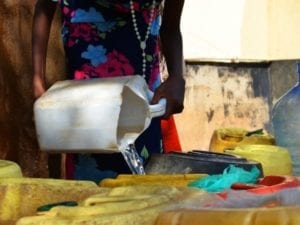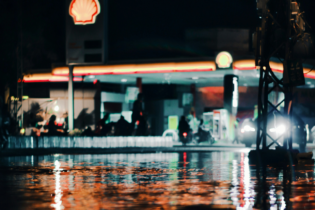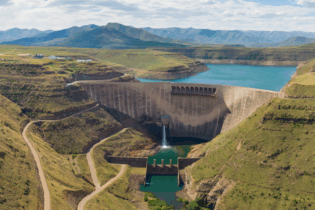The recent announcement by the Department of Water and Sanitation that South Africa’s dam water levels are in decline was a stark reminder of the pre-COVID 19 realities the country still faces.
Andries Nel, Head of Water at SEM Solutions, understands more than most that, like electricity, water is a strategic economic resource that is critical to commercial industries. Especially now, as we face the daunting task of rebuilding the economy with the already negative impact of drought-stricken areas worsened by the low rainfall experienced during the winter months. Nel explains that as a water scarce country with an ever-increasing water demand, the solutions for increased water security lies in innovations that narrow the gap between water supply and demand. One solution that Nel has found to be the most prudent for commercial clients when creating water management systems, has been the utilisation of bore water from boreholes.
“For commercial buildings routine maintenance of the filtration system is required, which is often overlooked, and which then results in challenges after a certain period if left unattended. In areas with high infrastructure development, there may be additional debris entering the groundwater system or increased bore water use in the close environment which may negatively influence the yield and recovery capabilities of existing borehole consumers.”
Water treatment can also be costly, depending on the existing bore water quality and intended application. For example, the treatment costs required to have bore water made compliant to potable water quality standards, SANS 241:2015 will vary according to the treatment costs required when bore water is incorporated into a grey water system for irrigation purposes. “If a business wants to use their bore water for potable consumption, then regular testing is required since the environmental conditions of the bore water and aquifer can change,” explains Nel. The licencing and legislation around bore water and boreholes can also be complex. “South Africa’s National Water Act needs to be complied with in all instances. Nevertheless, there are often additional local municipal bylaws which stipulate the requirements for bore water and boreholes for that specific area or region. These must also be complied with in addition to the act.” When it comes to water use registration and licensing, the process may take up to 12 months for the application to be approved and finalised. “The complexities associated with borehole utilisation may be daunting but when managed by a company that specialises in the process, it becomes simpler and more accessible.” says Nel. The inherent nature of our water climate means that local commercial enterprises that require an uninterrupted water supply for their operations must explore multiple solutions, including bore water from boreholes. But it’s not just South Africa’s water scarcity that needs to be considered in their holistic approach. Water access is impacted by multiple factors including population growth, increased urbanisation, aging infrastructure, waste management, hydrological features, ground conditions, land use and policies. Like all important finite resources, water security is crucial to our economic growth, and it therefore makes sense for the private sector to embrace alternative water sources and innovative solutions in order to survive, and thrive. About Dr. Andries Nel As a leading mechanical engineer and engineering manager, Dr. Andries Nel heads up the water division at SEM Solutions, a company specialising in sustainably engineered energy and water solutions for the commercial- and industrial building sectors. His core focus is the design and delivery of turnkey water solutions.





